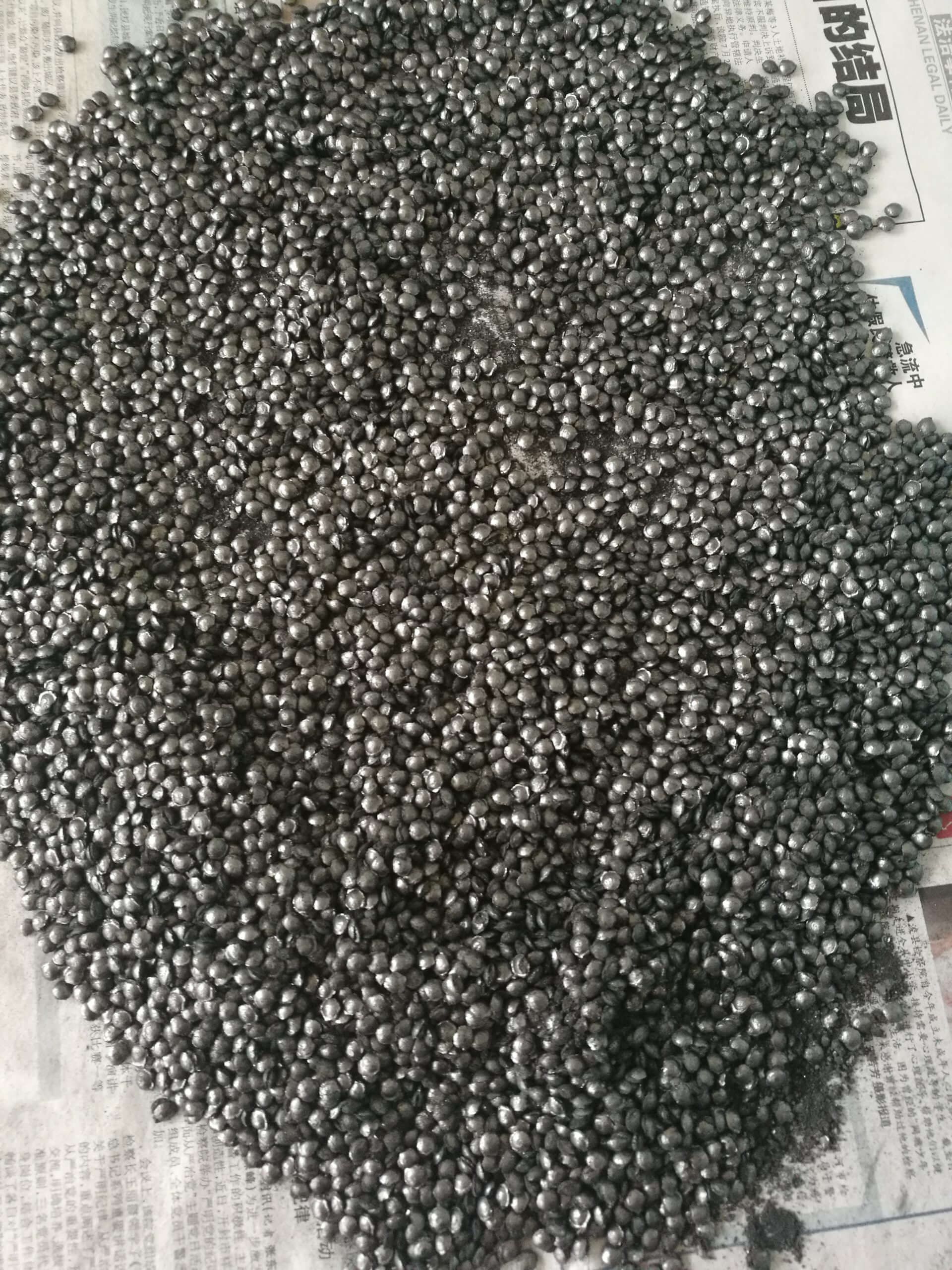5 Factors Affecting Organic Fertilizers Quality
With the enlarging of animals raising scales, the amount of livestock manure is increasing. The application of livestock manure directly influences environmental security and sustainable development of animal husbandry. It is the most direct and effective measure to apply livestock manure in agriculture, so commercial organic fertilizers , which are made of organic waste, can not only realize recycle of nutrients, and increase soil fertility, but decrease chemical fertilizer use, and promote agricultural sustainable development.
In organic fertilizer manufacturing process, manure compost and fermentation of organic wastes are the core technology, which aims to create a better environment condition for normal microbial breeding, to promote microbial metabolic process, to accelerate decomposition and transformation of organic wastes, to kill pathogens and parasite eggs, and finally granulate quality commercial granular organic fertilizers. In organic wastes fermentation, there are 5 factors affecting the final quality of the organic compost, which will directly influence the final quality of the granulated organic fertilizer. They are Water, Temperature, C/N ration, Ventilation and oxygen supplying, and pH, which are environmental factors.
1.Water control
Moisture is an important requirement for organic composting. In the process of manure composting, relative water content of the original material of composting is 40% to 70%, to ensure the smooth progress of compost. The most suitable moisture content is 60-70%. Too high or too low material moisture content can impact aerobic microbial activity so that water regulation should be carried out before fermentation. When material moisture content is less than 60%, heating up is slow, temperature is low and decomposition degree is inferior. The moisture is more than 70%, having an effect on ventilation, which forms into anaerobic fermentation, slow heating and poor decomposition.
2.C/N ratio control
When C/N ratio is appropriate, composting can be produced smoothly. If C/N ratio is too high, due to lack of nitrogen and limited growing environment, degradation rate of organic wastes becomes slow, causing to longer manure composting time. If the C/N ratio is too low, the carbon can be utilized fully utilized, an excess of nitrogen loses in forms of ammonia. It not only affects the environment but also reduces the efficiency of nitrogen fertilizer. Microbes compose microbial protoplasm during organic composting. On a dry weight basis, protoplasm contains 50% carbon, 5% nitrogen and 0. 25% phosphate. Therefore, researchers recommend that suitable C/N of compost is 20-30%.
C/N ratio of organic compost can be adjusted by adding materials that contain high carbon or high nitrogen. Some materials, such as straw, weeds, deadwood and leaves, contain fibers, lignin and pectin. Because high C/N, it can be used as high-carbon additive material. On account of high nitrogen content, livestock manure can be used as high-nitrogen additives.
4.pH control
The pH value impacts the entire composting process. In the initial stage of composting, pH affects bacterial activity. For example, pH=6.0 is the boundary point for pig mature and saw-dust. It inhibits carbon dioxide and heat generation at pH <6.0. It increases rapidly in carbon dioxide and heat generation at PH> 6. 0. While entering high temperature phase, the combined action of high pH and high temperature leads to volatilization of ammonia.
Microbes degrade into organic acid with composting, resulting in pH reduction, to 5 or so. And then volatile organic acids volatilize because of rising temperature. In the meanwhile, ammonia, denigrated by organics, makes pH rise. Eventually, it stabilizes at a high level. In the high temperature of compost, pH value at 7.5 ~ 8.5 can achieve maximal composting rate. Too high pH can also cause excessive volatilization of ammonia, thus it can reduce the pH by the addition of alum and phosphoric acid.

5.Ventilation and oxygen supplying
It is an significant factor for manure composting to have enough air and oxygen. Its main function is to provide necessary oxygen for microbial growth. To regulate reaction temperature by controlling ventilation so as to control the maximum temperature of composting and time of occurrence. While maintaining the optimum temperature conditions, to increase ventilation can remove moisture. Proper ventilation and oxygen can reduce nitrogen loss, malodor production and moisture of compost product, which is easy to store products.
The moisture of organic fertilizers has an effect on aeration porosity and microbial activity, affecting the oxygen consumption. It is a decisive factor in aerobic composting. It needs to control moisture and ventilation on the basis of the properties of materials, to achieve coordination of water and oxygen. While in consideration of both, it can promote microbial growth and reproduction and optimize control condition.
